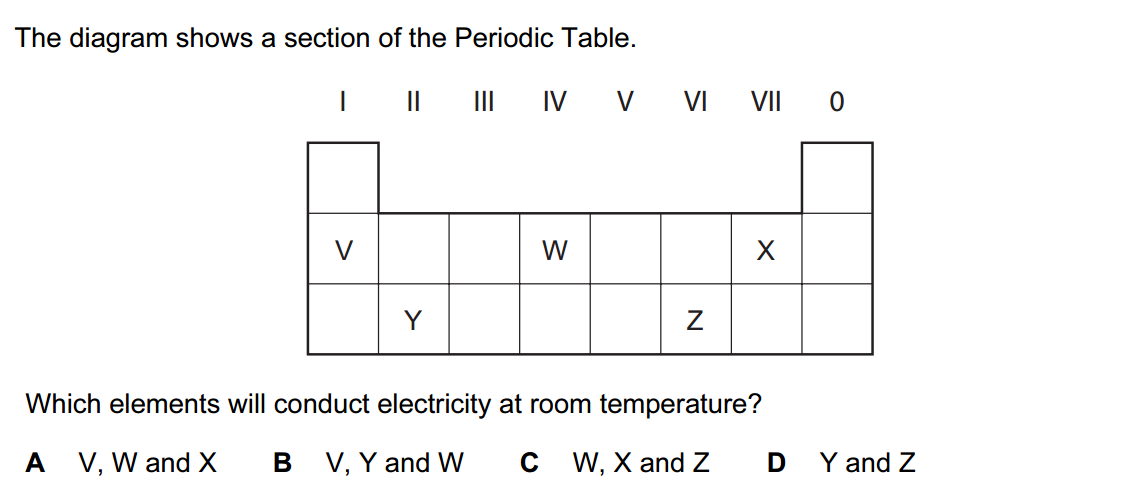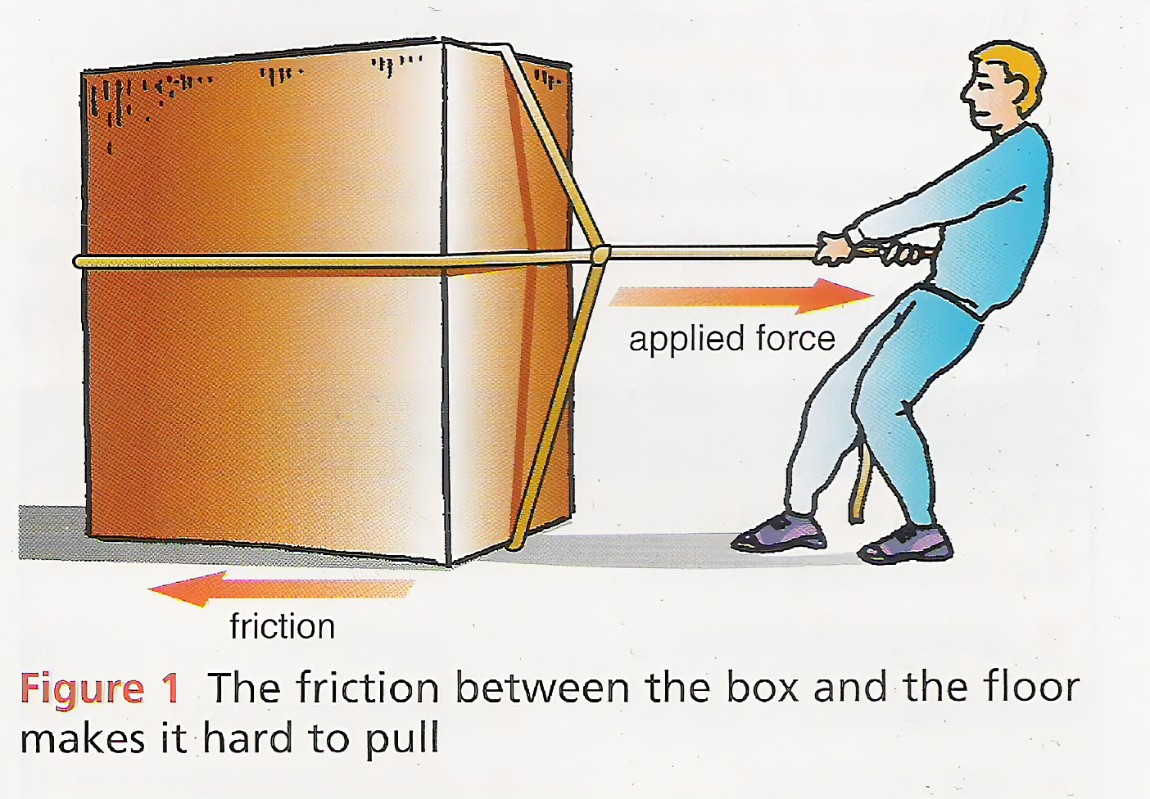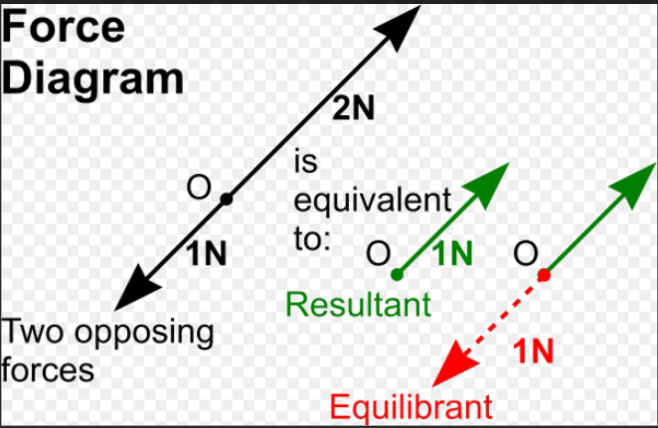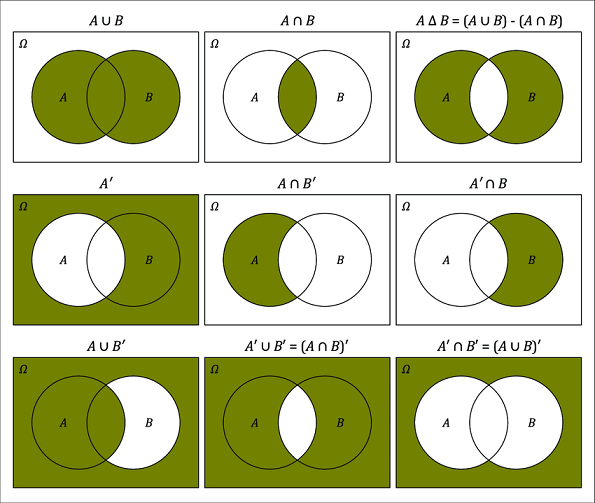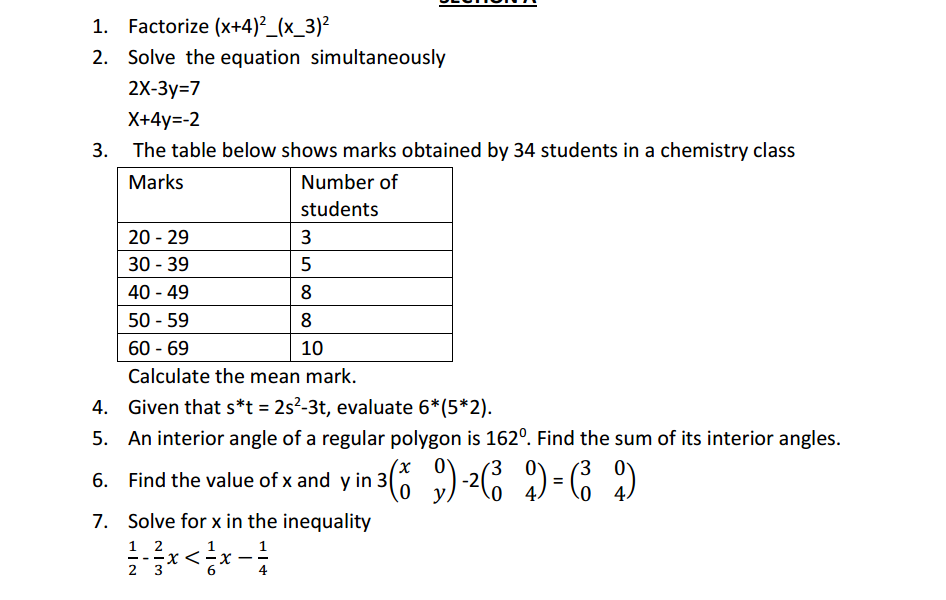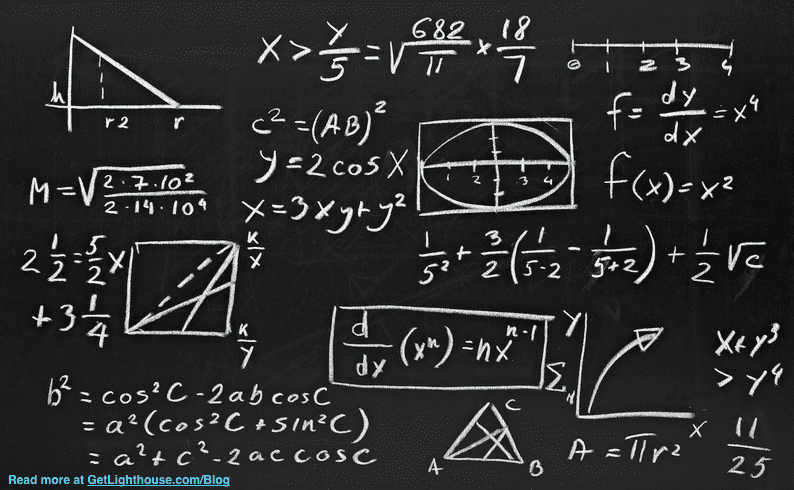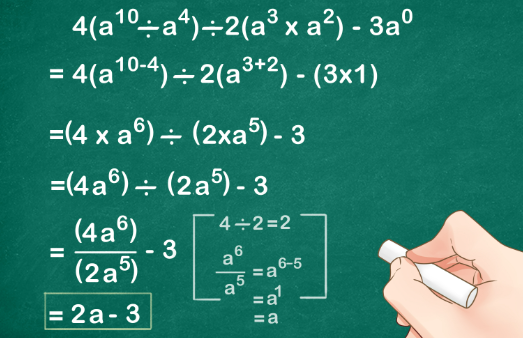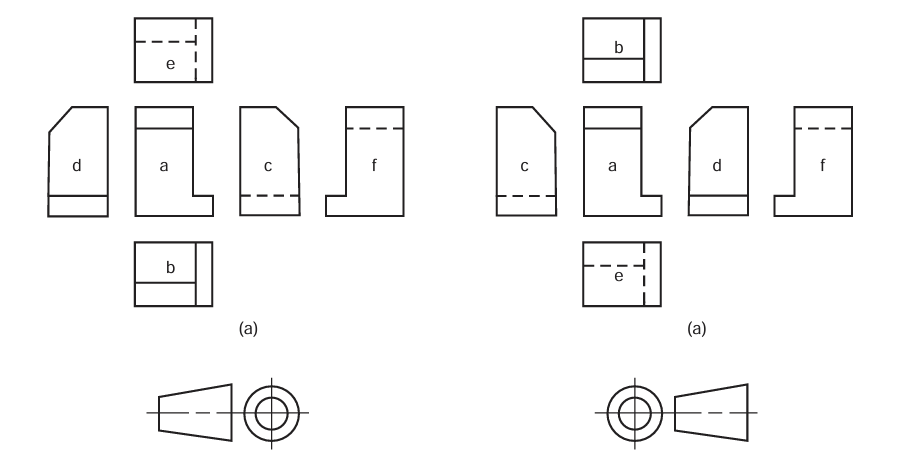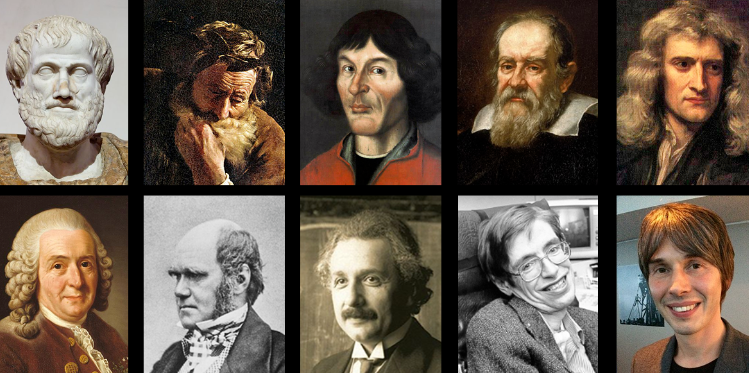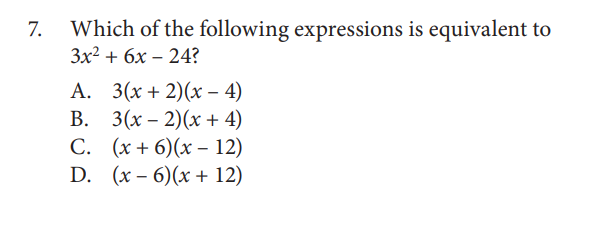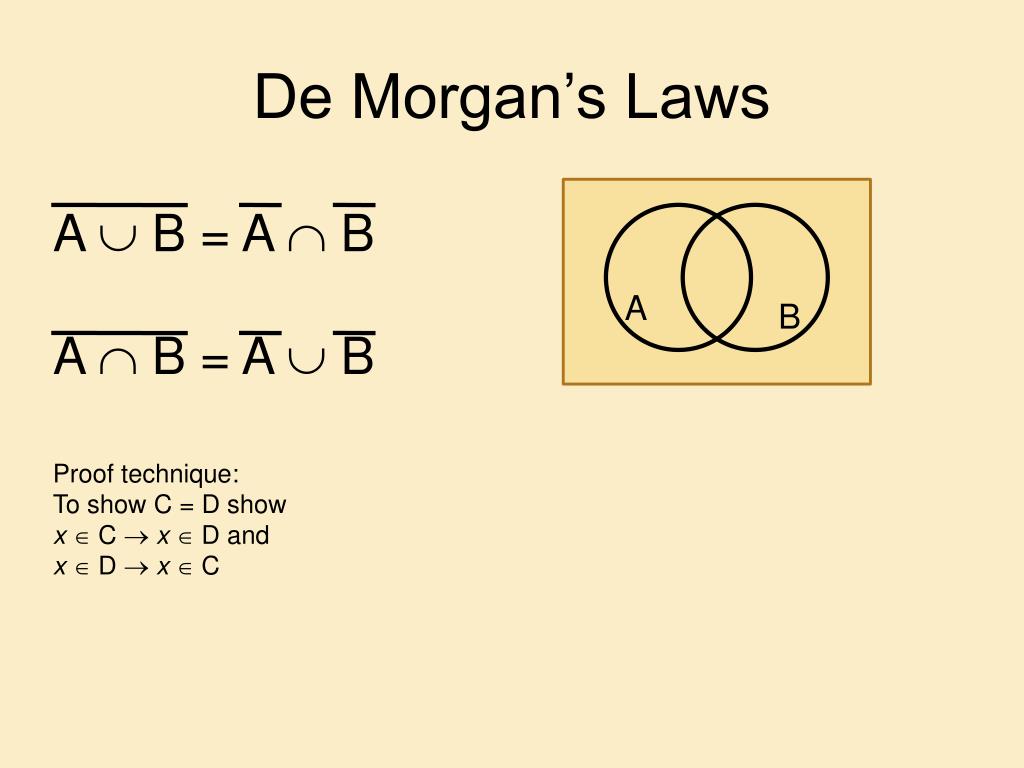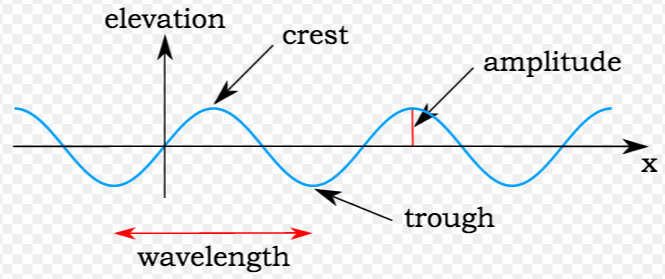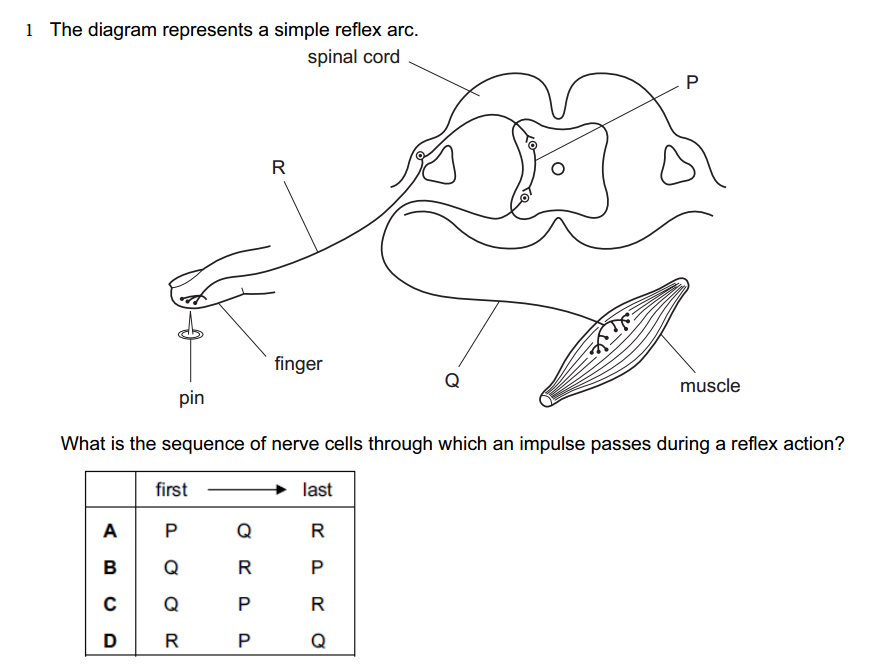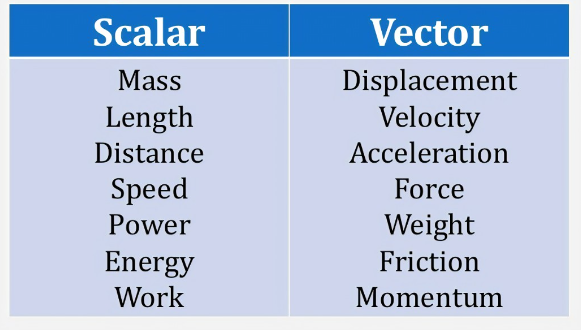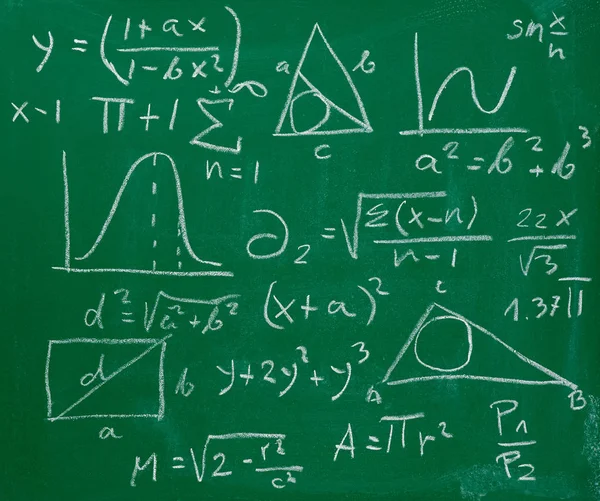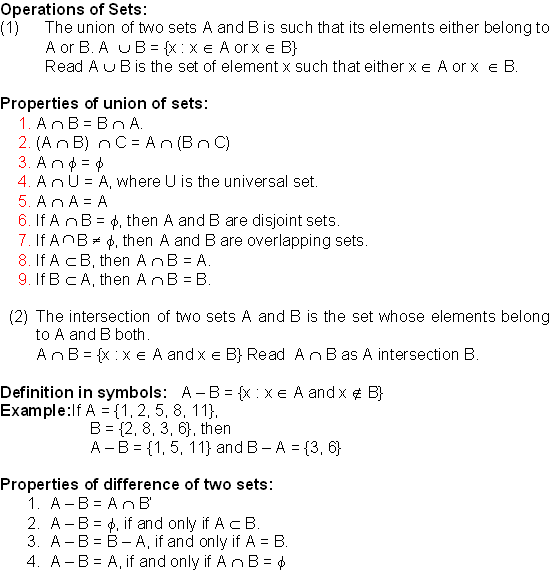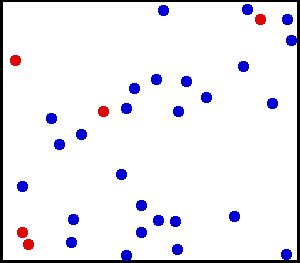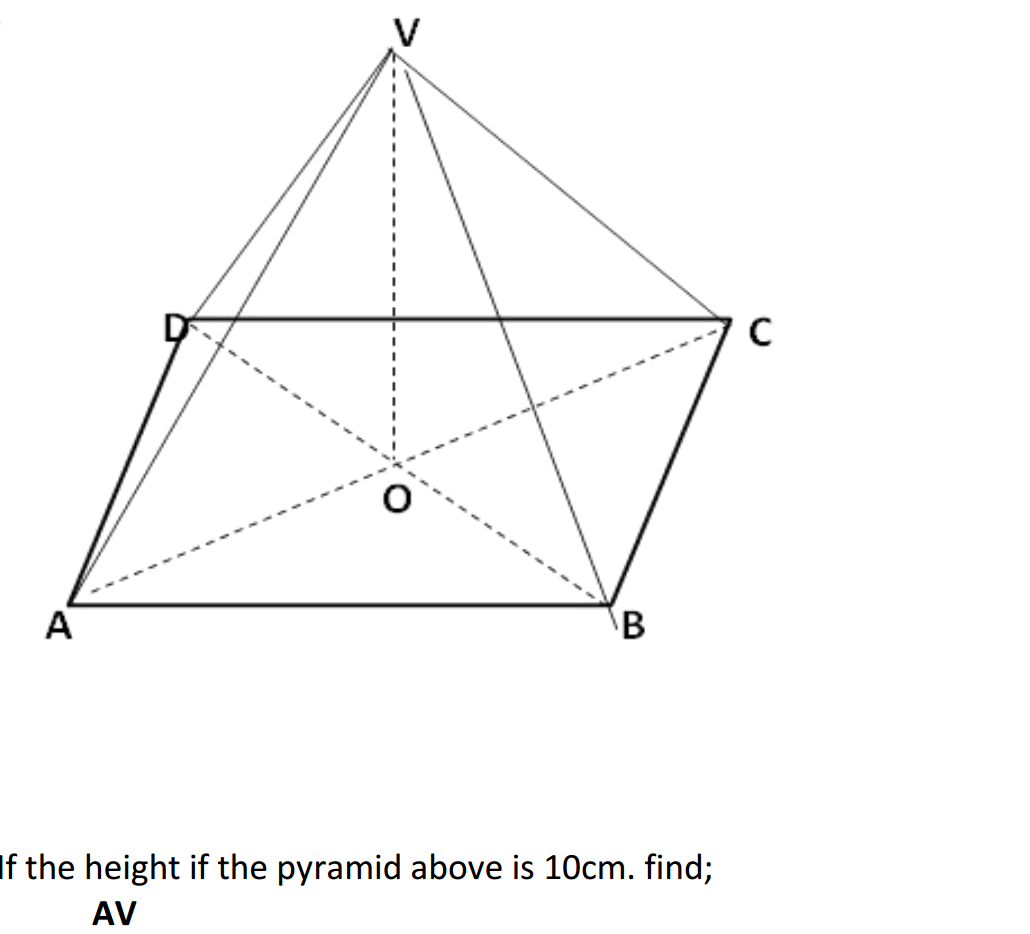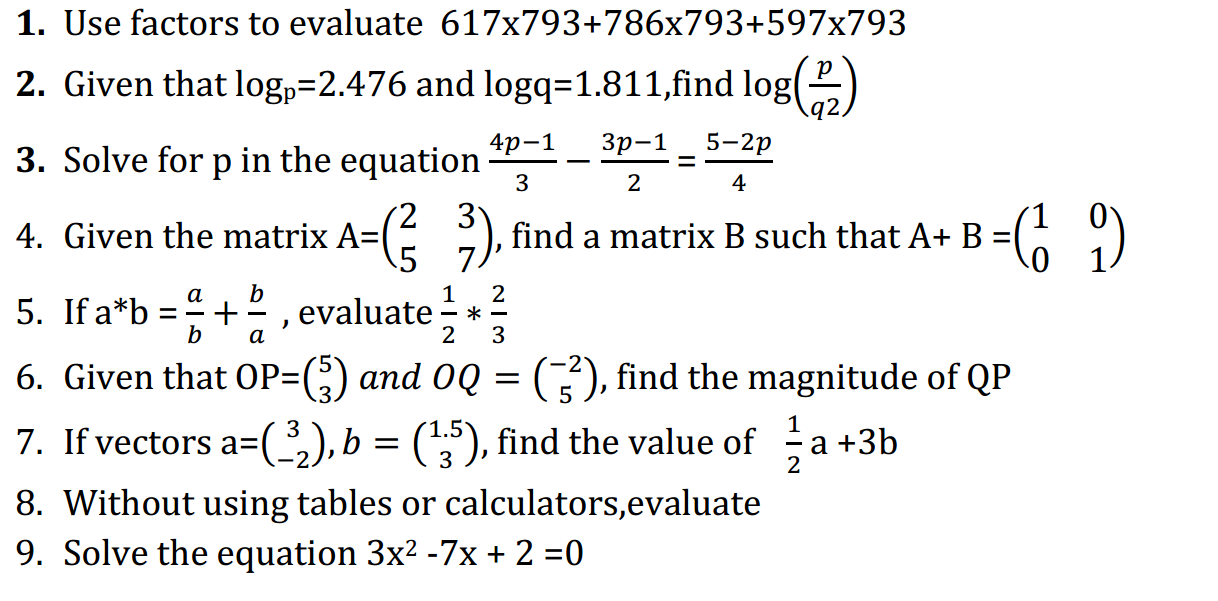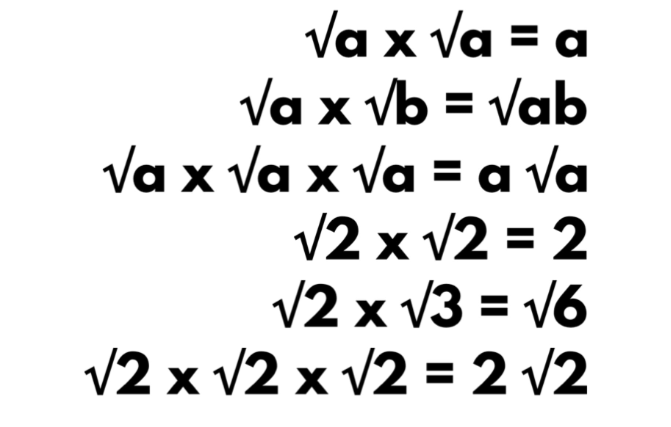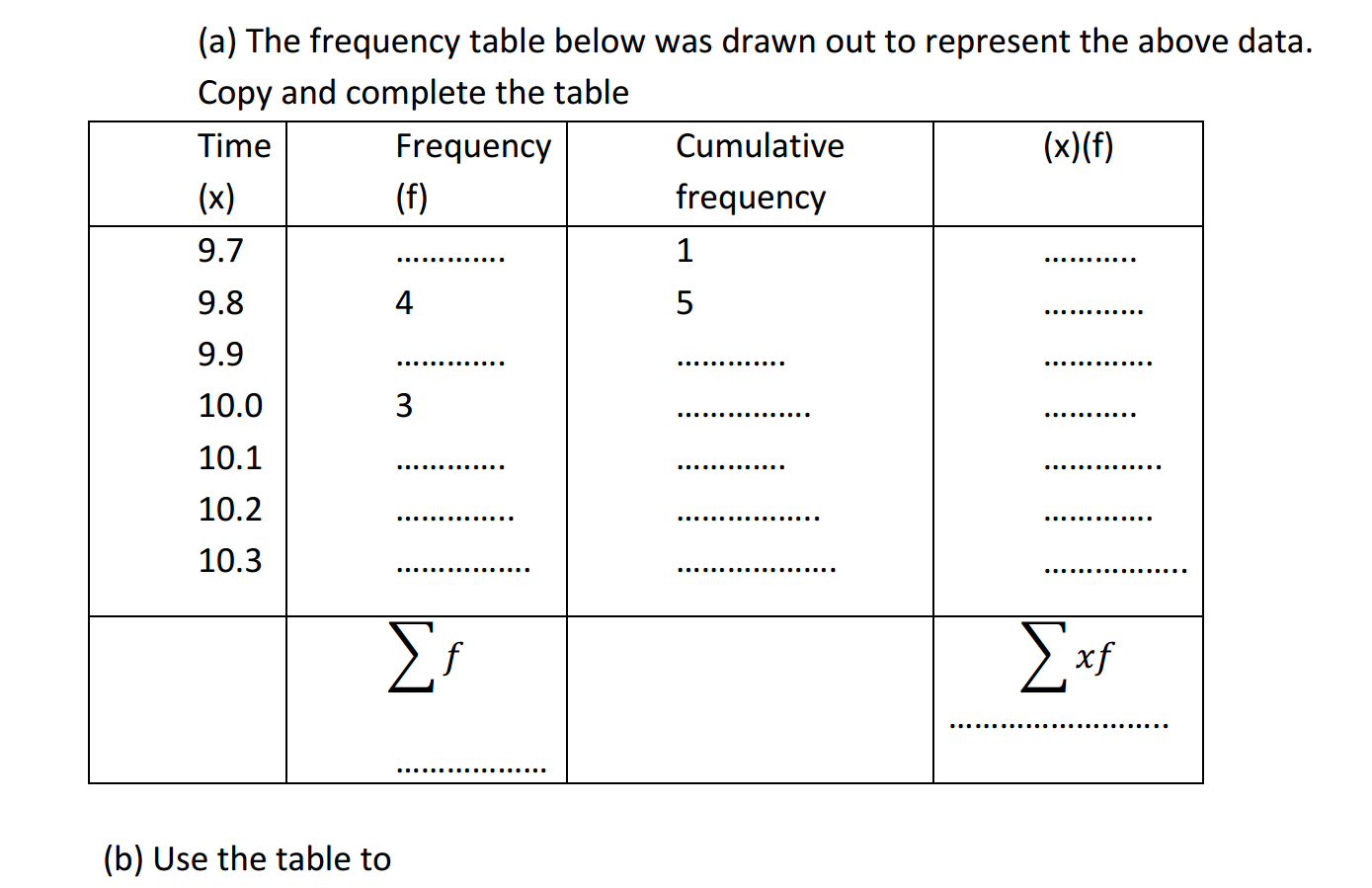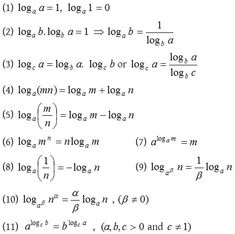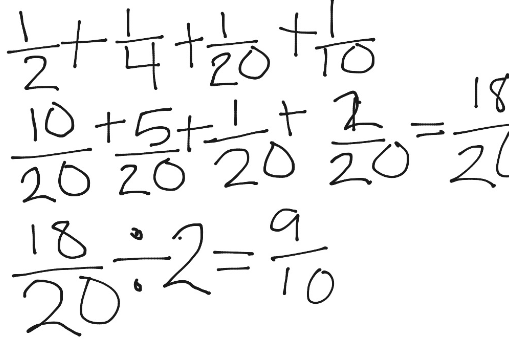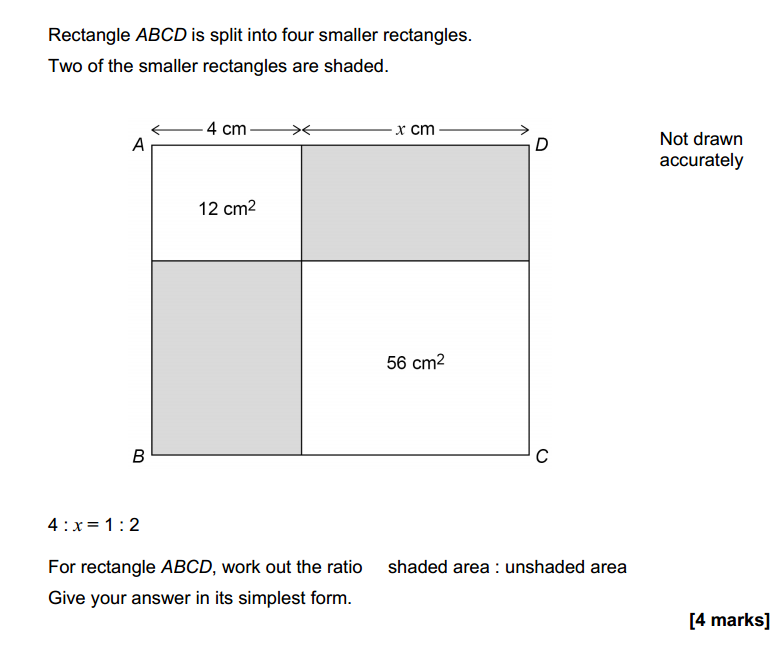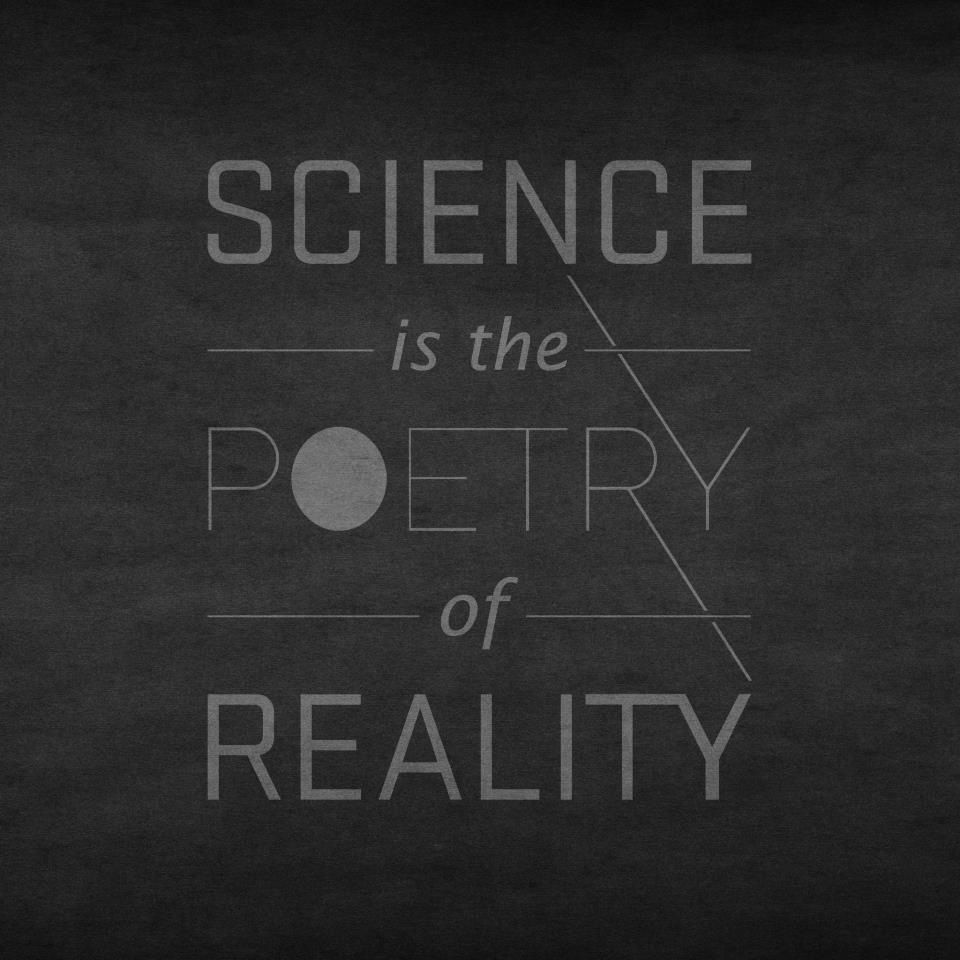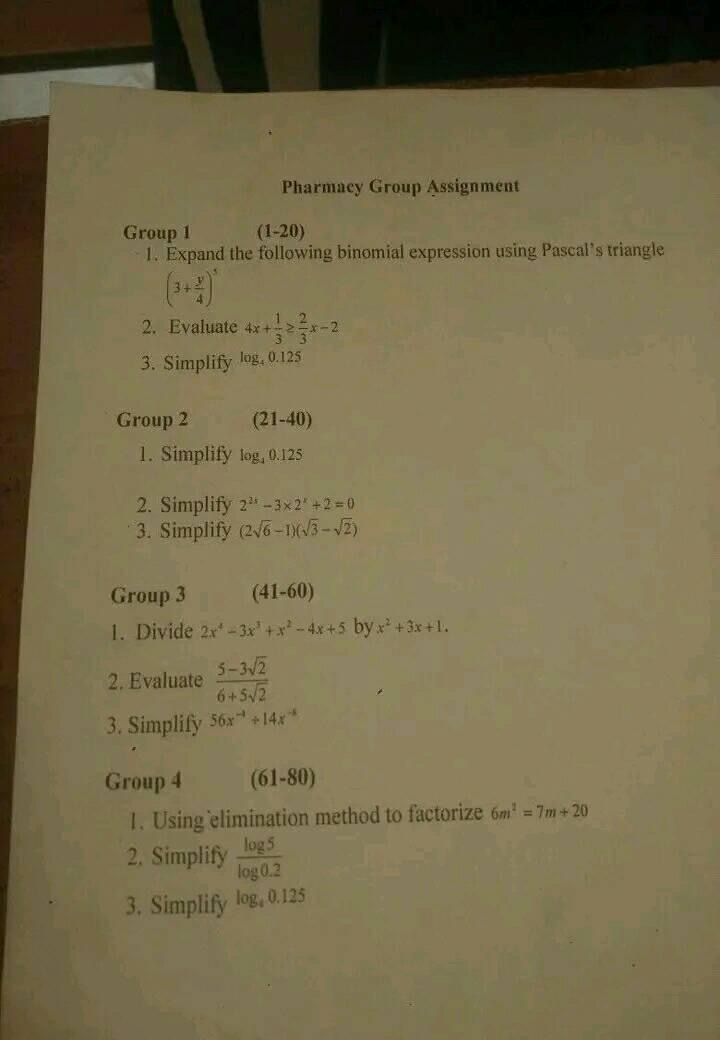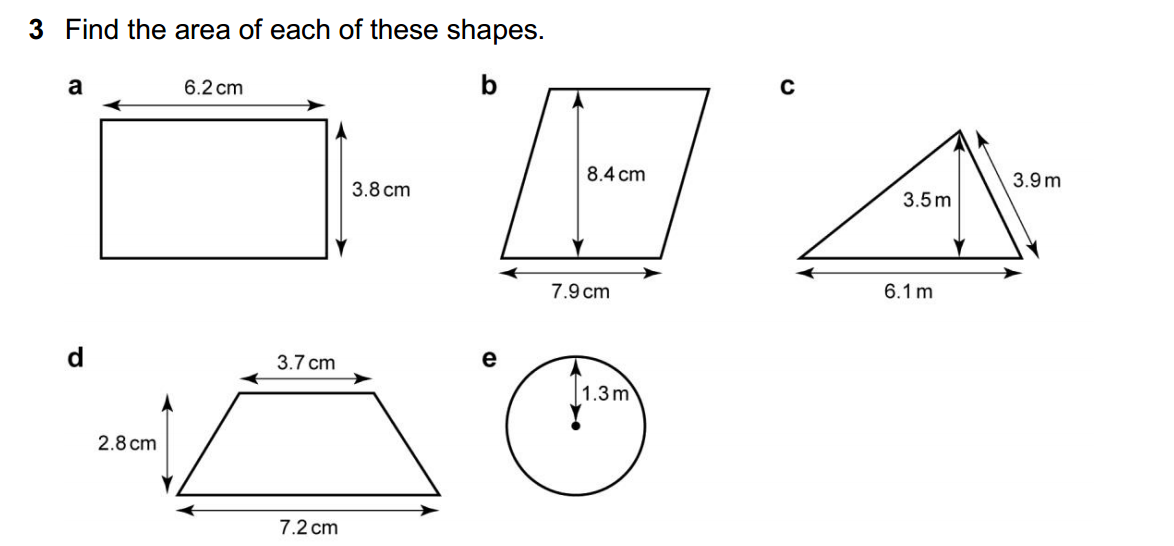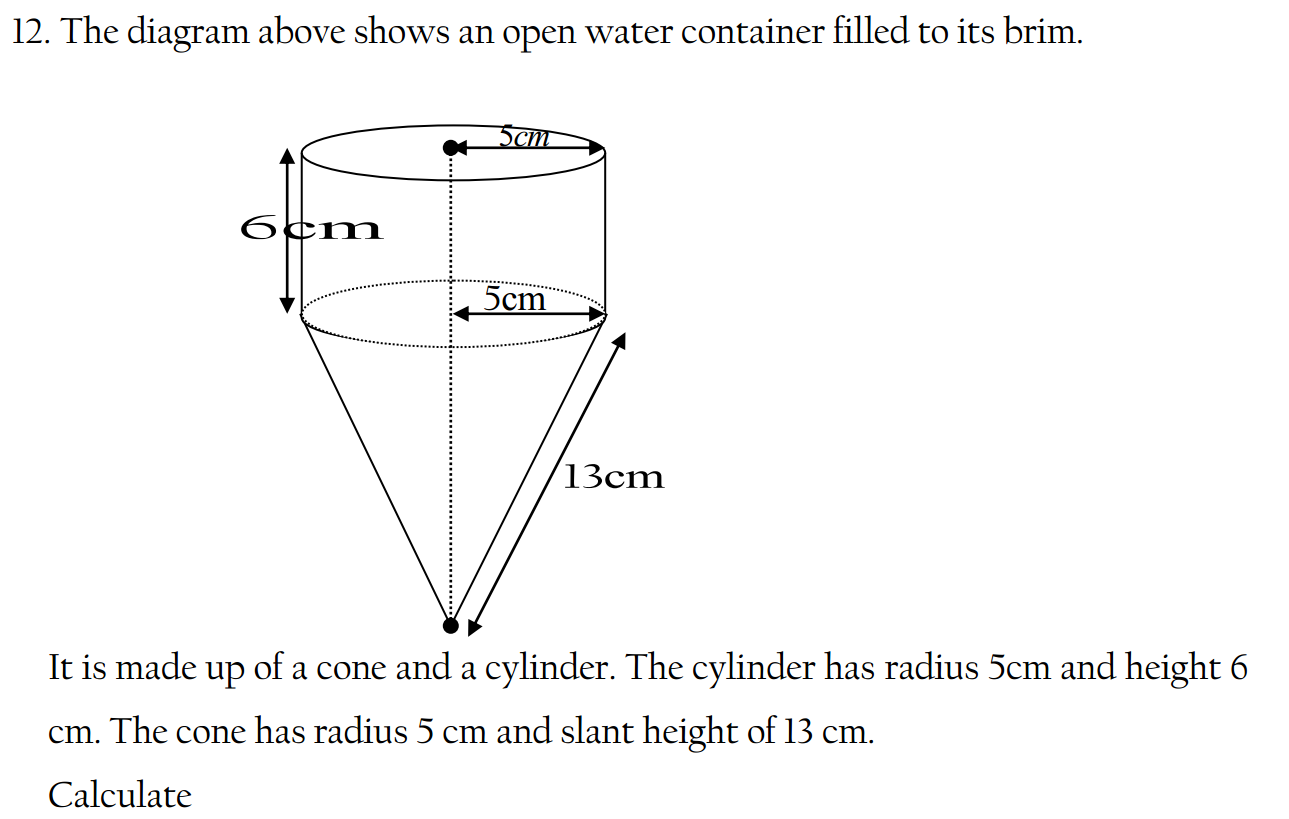Mathematics. For some, it’s a beloved subject, a realm of logic and patterns that offers endless fascination. For others, it’s a source of dread, a maze of numbers and equations that induces anxiety. Yet, no matter our feelings towards it, mathematics permeates every aspect of our lives, often in ways we may not even realize. In this blog post, we’ll explore the omnipresence of math, why it’s unavoidable, and why embracing it can lead to a deeper appreciation of the world around us.
The Foundation of the Universe:
From the intricate patterns of a snowflake to the vast expanse of the cosmos, mathematics serves as the language of the universe. It underpins the laws of physics, allowing us to understand and describe the motion of celestial bodies, the behavior of particles at the quantum level, and the fundamental forces that govern our reality. Without math, our comprehension of the natural world would be severely limited, and many of the technological advancements that shape our modern lives would be impossible.
In Everyday Life:
But mathematics isn’t confined to the realms of science and academia. It’s woven into the fabric of our daily experiences, often in subtle and unexpected ways. Consider the algorithms that power our social media feeds, the encryption that safeguards our online transactions, and the statistics that inform decisions in fields ranging from healthcare to finance. Whether we’re calculating a tip at a restaurant or analyzing data for a business presentation, math influences countless aspects of our personal and professional lives.
Art and Beauty:
Even in the realm of art and aesthetics, mathematics exerts its influence. From the proportions of the human body that inspired the ancient Greeks to the intricate geometric designs of Islamic architecture, mathematical principles have long been employed to create beauty and harmony. The Fibonacci sequence appears in the spiral patterns of seashells and the arrangement of petals in a flower, while fractals offer infinite complexity within finite boundaries. Whether we’re admiring a Renaissance masterpiece or marveling at the symmetry of a snowflake, mathematics reveals the underlying order and elegance of the world around us.
Embracing Mathematics:
Given its pervasive presence, it’s clear that we can never truly escape mathematics—and perhaps we shouldn’t want to. Instead of viewing it as a daunting obstacle or a necessary evil, we can choose to embrace math as a powerful tool for understanding and appreciating the world. By cultivating a mindset of curiosity and exploration, we can uncover the beauty and significance hidden within its equations and proofs.
Moreover, embracing mathematics opens doors to new opportunities and perspectives. It fosters critical thinking skills, problem-solving abilities, and a deeper understanding of cause and effect. Whether we’re pursuing careers in STEM fields or simply seeking to become more informed and engaged citizens, a solid foundation in mathematics provides a valuable framework for success in an increasingly complex world.
Conclusion:
In conclusion, mathematics is not merely a subject to be studied or a skill to be mastered—it’s a fundamental aspect of our existence, an integral part of the human experience. By recognizing its ubiquity and embracing its importance, we can unlock new avenues of knowledge, creativity, and discovery. So the next time you find yourself faced with a mathematical challenge, remember: you will never escape math, but by embracing it, you can embark on a journey of endless fascination and enlightenment.


